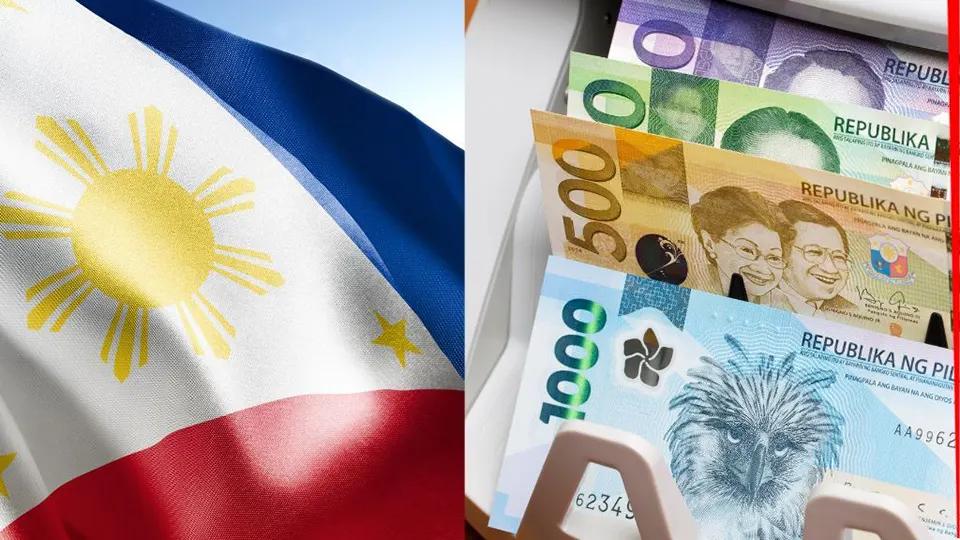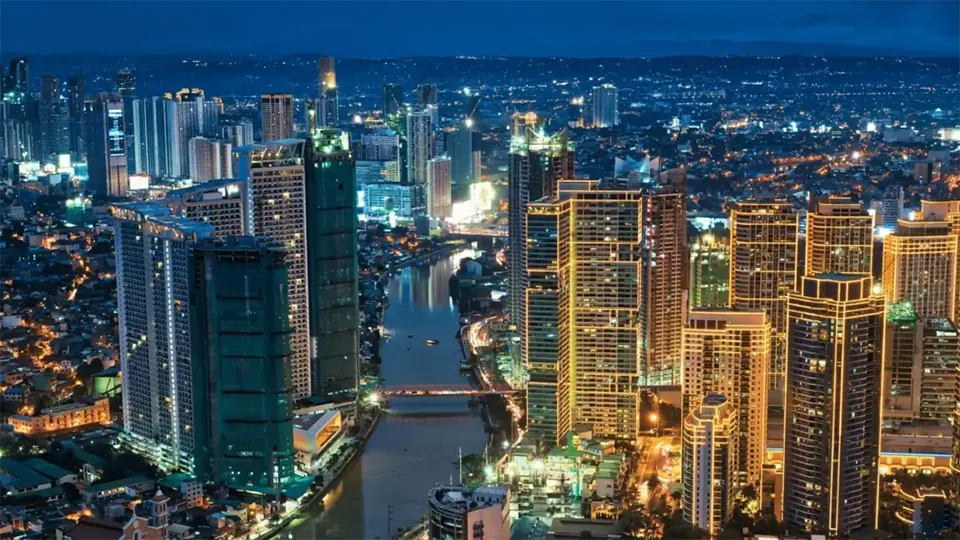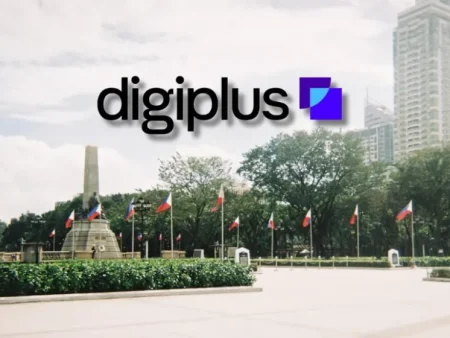The Philippine online gambling tax increase 2025 is set to become a turning point for the country’s booming iGaming sector. With the government proposing a steep hike to a 40% tax rate, the move aims to strengthen public revenues while tightening control over the rapidly growing online gambling industry. While authorities see this as a step toward fiscal recovery and regulatory fairness, industry insiders warn of possible job losses, reduced competitiveness, and a reshaped market landscape. As the global gambling scene evolves, all eyes are on how the Philippines will balance economic gain with sustainable industry growth.

The Philippine government is considering a significant Philippine online gambling tax increase 2025, proposing to raise the rate to 40%. This move aims to boost government revenues and regulate the growing online gambling industry, ensuring it aligns with other sectors.
Current Tax Structure
Currently, online gambling operators pay a much lower tax rate, which has faced criticism for not accurately reflecting the sector’s profitability. The proposed changes are part of a broader strategy to ensure fair taxation across the gaming industry.
Implications for Stakeholders
- Impact on Online Gambling Operators: Higher taxes may lead to increased operational costs and challenges in maintaining profitability.
- Potential Effects on Consumers: Possible price hikes on gaming services could reduce consumer engagement.
- Insights from Industry Experts: Experts believe that while the tax will benefit government revenues, it could also push some operators out of the market.
The expected Philippine online gambling tax increase 2025 is seen as a double-edged sword—it aims to enhance fiscal resources while potentially altering the competitive landscape for operators.
Government’s Rationale Behind the Increase
Need for Increased Revenue
Apacaff | The Philippine online gambling tax increase 2025 is largely driven by the need to recover from the substantial revenue shortfalls triggered by the pandemic. To maintain funding for essential services, the government is exploring several routes to bolster its fiscal health:
- Enhancing tax compliance across the gambling sector
- Implementing new taxation frameworks specifically for online platforms
- Encouraging investment in public infrastructure
Regulatory Considerations
The swift growth of online gambling necessitates stricter regulations. The government sees this as an opportunity to:
- Ensure safer gambling practices for consumers
- Prevent illegal gambling activities
- Standardize risk management within the industry
International Comparison
This initiative aligns with a broader global trend where many countries are increasing gambling taxes to capitalize on the financial benefits of the booming sector. Countries like:
| Country | Current Gambling Tax Rate | Projected Tax Revenue (2025) |
|---|---|---|
| Australia | 15% | $1.5 billion |
| United Kingdom | 21% | $2.1 billion |
| Canada | 20% | $1 billion |
The Philippine online gambling tax increase 2025 aims to place the nation strategically within this competitive landscape, ensuring substantial revenue growth while fostering transparency and accountability.
Responses from the Online Gambling Industry
Industry Stakeholders’ Opinions
Many industry players have voiced their concerns regarding the proposed Philippine online gambling tax increase 2025, arguing it could lead to:
- Job losses across various sectors
- Decreased competitiveness on a global scale
- Negative impacts on local economies
These stakeholders emphasize that a balanced approach is crucial for sustaining growth within the online gambling sector.
Comparative Analysis of Other Countries
| Country | Current Tax Rate | Proposed Tax Rate |
|---|---|---|
| Philippines | 30% | 40% |
| United Kingdom | 21% | 21% |
| Australia | 15% | 25% |
This comparative analysis reflects the varying tax landscapes, shedding light on the potential repercussions of the Philippine tax increase.
Corporate Response
Several companies have begun to reassess their business strategies in light of the potential changes, with some considering:
- Scaling back operations
- Diversifying their portfolios to mitigate risk
- Engaging in lobbying efforts to influence policy decisions
As the Philippine online gambling tax increase 2025 draws closer, corporate responses will continue to evolve in this fast-paced industry.
Public Reception to the Tax Proposal

General Public Opinion
Surveys indicate mixed feelings among the Philippine public regarding the Philippine online gambling tax increase 2025. Key insights reveal:
- Many citizens understand the necessity for increased government revenue.
- Concerns about potential job losses in the gambling sector persist.
- Some believe it could deter foreign investments in the Philippines.
Community Engagement Initiatives
The government has launched several initiatives to engage with the community and gather public input on the proposed changes. Key initiatives include:
- Town hall meetings across various provinces.
- Online forums for citizens to voice their opinions.
- Surveys distributed through social media channels.
This approach ensures that the voices of citizens are heard, fostering a sense of inclusion in the decision-making process.
Protests and Supportive Movements
In response to the tax proposal, the Philippine public has shown a range of reactions:
- Some community organizations have organized protests to voice dissent against the tax hike.
- Others support the government’s decision, emphasizing the importance of transparency and fairness in taxation.
As discussions continue, the adaptability of the government’s proposals may play a crucial role in addressing the public’s concerns about the Philippine online gambling tax increase 2025.
Conclusion
Summary of Economic Implications
The proposed increase in Philippine online gambling tax increase 2025 signifies a pivotal change in the government’s approach to regulating the gambling industry, aimed at enhancing revenue streams. This move could lead to:
- Greater tax revenues for public services.
- Increased regulatory oversight and consumer protection.
- Potential consequences for smaller operators facing higher costs.
Future Directions for Online Gambling in the Philippines
As we look to the future, the Philippine online gambling tax increase 2025 will shape the landscape significantly. Key factors influencing this evolution include:
| Factor | Potential Impact |
|---|---|
| Government Regulations | Stricter compliance requirements may emerge. |
| Market Competition | Shifts in customer loyalty and operator strategies. |
| Technology Advancements | New gaming platforms may enhance user experiences. |
Final Thoughts
As we continue to monitor the implications of the Philippine online gambling tax increase 2025, it will be essential for all stakeholders—government officials, online gambling operators, and consumers alike—to stay informed and adapt to the changing landscape. Continuous engagement and dialogue will be key to navigating the new regulatory environment effectively.












